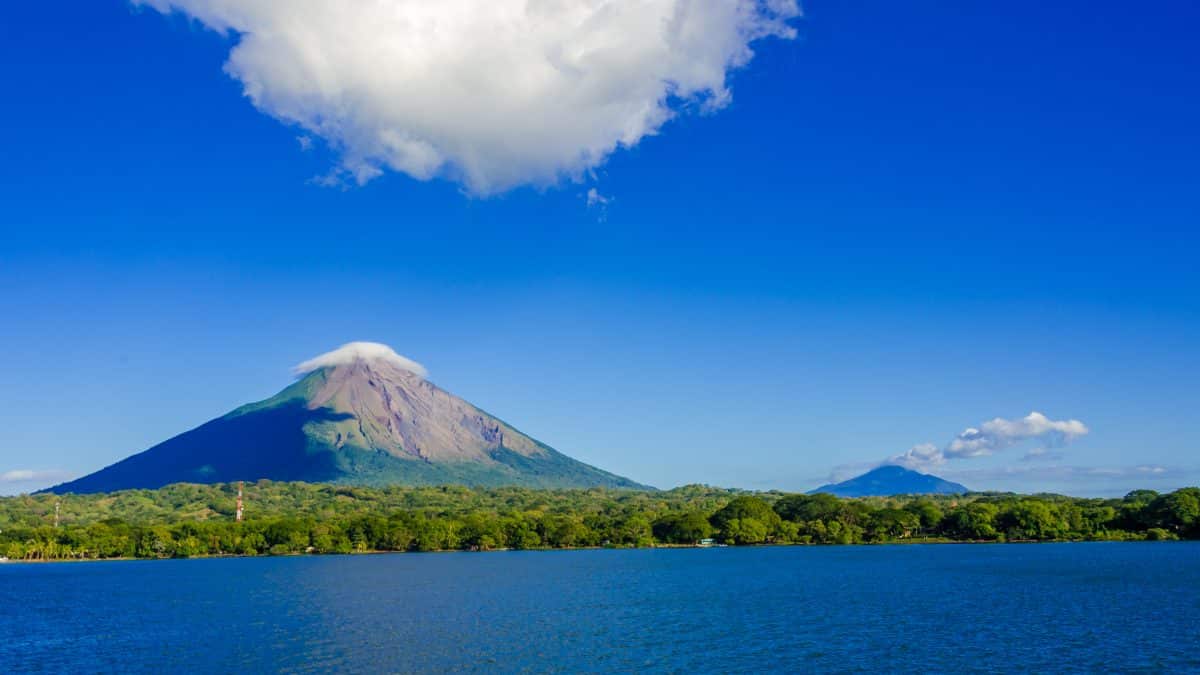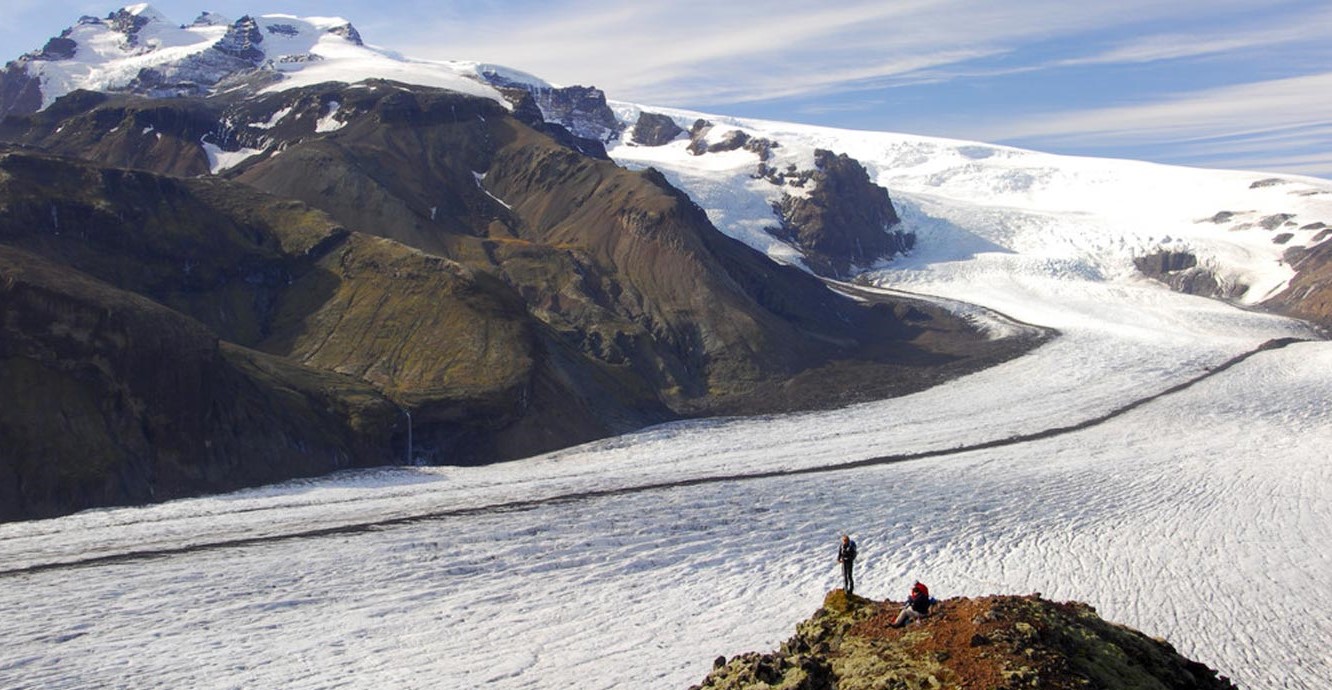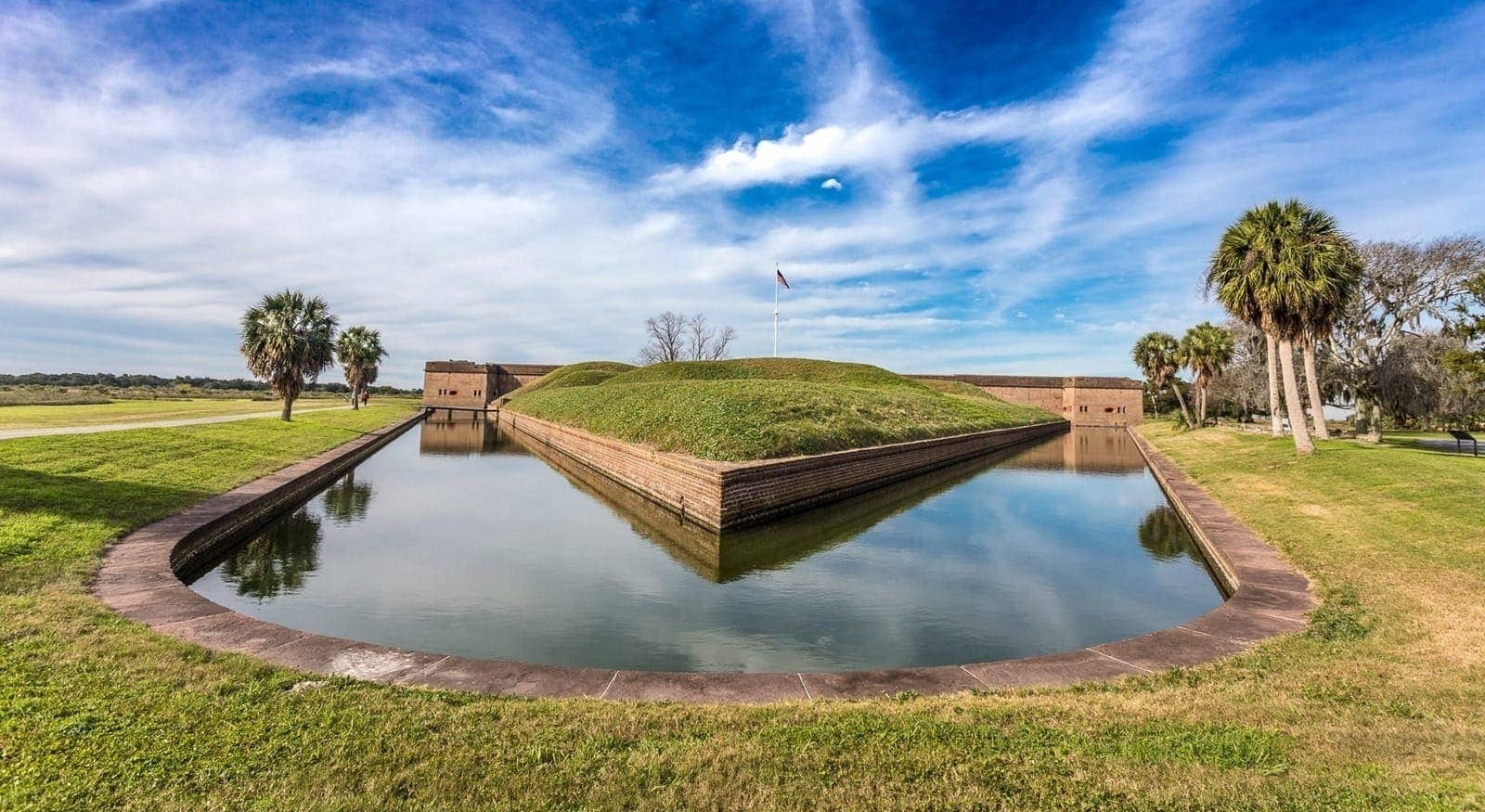Home>Weather and Climate>How Maritime Tropical Temperatures Affect Climate


Weather and Climate
How Maritime Tropical Temperatures Affect Climate
Published: July 20, 2024
Learn about the impact of maritime tropical temperature on weather and climate. Explore the characteristics and significance of this climate type.
(Many of the links in this article redirect to a specific reviewed product. Your purchase of these products through affiliate links helps to generate commission for Temperatures.com, at no extra cost. Learn more)
So, let's dive into the heart of what makes maritime tropical temperatures so fascinating. Picture yourself standing on a coastline, where the ocean meets the land. You're feeling that warm, moist air brushing against your skin. That, my friends, is the essence of maritime tropical air masses. Originating over warm ocean waters, these air masses are like nature's own heating and humidifying system, bringing warmth and moisture to the lands they encounter.
Now, you might wonder, "What's the big deal about these temperatures?" Well, for starters, they play a massive role in shaping climates and weather patterns around the globe. When these warm, humid air masses move, they don't just bring beach weather; they're also key players in forming thunderstorms and even hurricanes under the right conditions.
Living in areas influenced by maritime tropical air, you'll notice summers are not just hot; they're sticky too. That humidity can make temperatures feel even hotter than they are, turning what should be a pleasant warm day into a sweltering ordeal.
But here's the kicker: while these temperatures can be intense, they're also crucial for the rainfall they bring, nourishing ecosystems and filling up our water reservoirs. So, next time you're enjoying or cursing the hot, humid weather, remember the vital role maritime tropical temperatures play in our world.
















